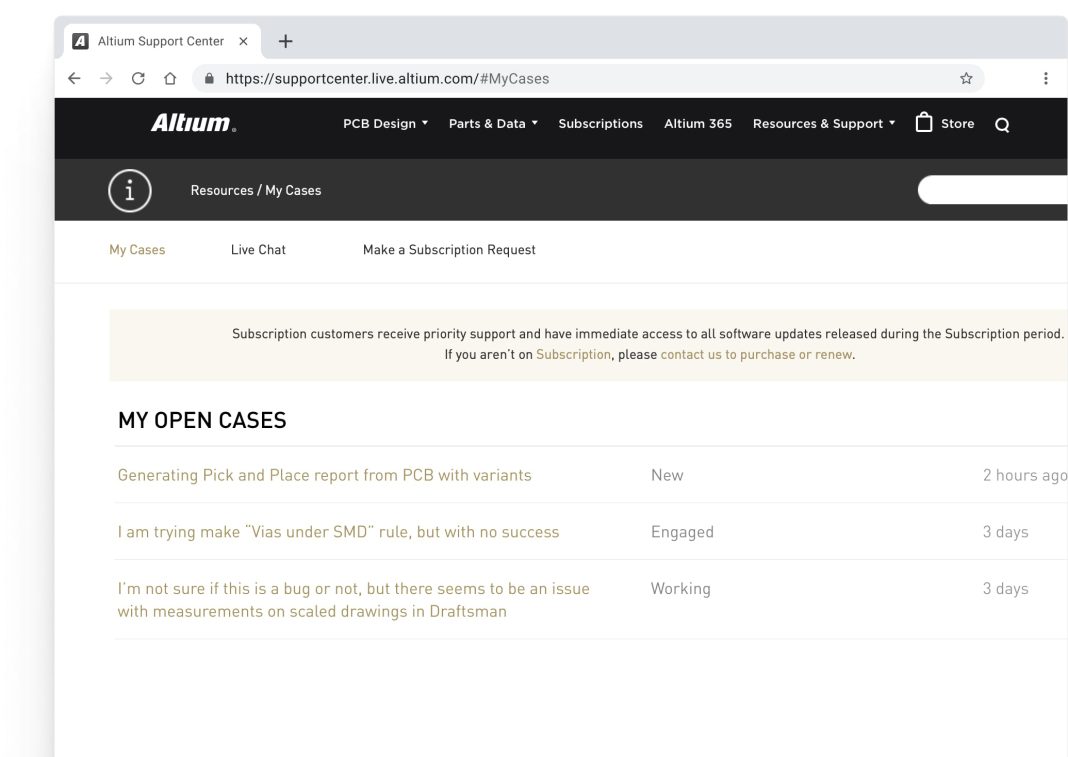 More and more older employees are opting for a phased retirement, choosing to reduce their work hours as they transition into retirement. While this decision may result in a cut in pay, there are several financial benefits to consider.
More and more older employees are opting for a phased retirement, choosing to reduce their work hours as they transition into retirement. While this decision may result in a cut in pay, there are several financial benefits to consider.
Preserving retirement savings is one such benefit. Even if you earn less from part-time work, the additional income can help minimize the amount you need to withdraw from your retirement savings for a few years. By leaving more money in your tax-advantaged accounts, you allow it to continue growing. Additionally, continuing to contribute to your retirement savings can give you an advantage. If you still qualify for your employer’s 401(k) and receive an employer match, you can make contributions that will further bolster your savings. You can also contribute to a Roth IRA if you have earned income from a job. In 2024, individuals aged 50 and older can contribute up to $8,000 or the amount they earned from working, whichever is less. And if you previously earned too much to contribute to a Roth IRA, partial retirement may make you eligible again.
Delaying Social Security benefits is another way to increase your lifetime income. By working part-time and earning additional income, you can afford to postpone claiming Social Security benefits. This delay could significantly boost your monthly payout when you eventually sign up. It’s important to note that claiming benefits at age 62, rather than waiting until your full retirement age, can result in a reduction of up to 30 percent in your annual benefits, depending on your birth year. Waiting until at least full retirement age allows you to earn any amount of money without triggering the earnings test, which temporarily reduces benefits for those with earnings above a specific threshold. Moreover, every year you delay between full retirement age and age 70 increases your annual benefits by 8 percent. This not only provides a larger benefit but also has a compounding effect on the growth of future benefits, according to Mitchell Freedman, a CPA and personal financial specialist in Westlake Village, California.
Securing health insurance before turning 65 is another crucial consideration. If your employer allows part-time workers to continue receiving health insurance benefits, taking advantage of this can have a significant impact on your finances if you stop working full-time before you’re eligible for Medicare. Although you may have to pay a higher premium than you did while working full-time, it often proves to be a better deal than obtaining your own coverage in your sixties. In cases where your employer doesn’t offer health insurance, you can obtain a policy through the Affordable Care Act marketplace at HealthCare.gov or your state exchange. Because your income is likely lower than it was when you were working full-time, you may qualify for a substantial subsidy to help with premiums.
In conclusion, phased retirement offers several financial benefits for older employees. By preserving retirement savings, delaying Social Security benefits, and securing health insurance before age 65, individuals can navigate the transition into retirement more smoothly. It’s essential to consider these factors and consult with a financial advisor to make informed decisions that align with your specific circumstances and goals.


